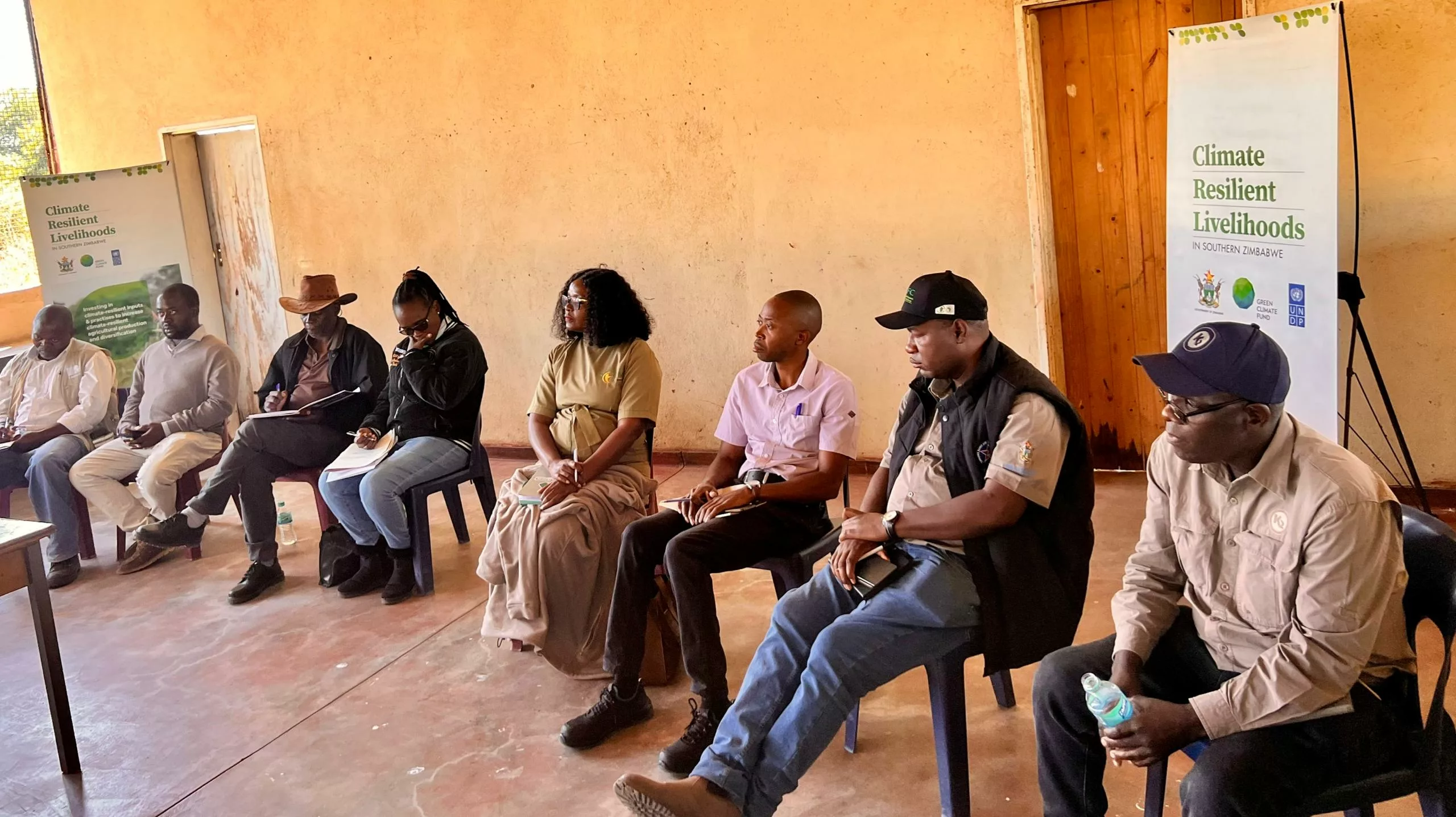BY BYRON MUTINGWENDE
The Women’s Coalition of Zimbabwe has urged agriculture, irrigation and mechanization Minister Joseph Made to push a raft of reforms in the national budget so as to revive the economy.
This was highlighted at an Indaba on women’s issues for the 2016 Budget recently held in Harare Gardens.
Women in agriculture speaking through their representative, Thandiwe Chidavarume, the director of Women and Land in Zimbabwe, bemoaned effects of climate change which had among other things resulted in dry spells which caused moisture stress in crops and subsequently crop failure.
“For effective utilization of land and increased food production, there is need for production throughout the year. As women, we therefore request for irrigation equipment and drilling of boreholes in our provinces.
“To effectively work the land for maximum production, there is need for the farmer to have adequate machinery. We request for our share of the tractors and other related farming equipment as we are aware that the ministry of agriculture is receiving them from time to time.”
The women hailed the government for embarking on a livestock restocking exercise. They expressed their willingness to participate in the exercise since some of them owned vast tracts of land which would enable them to maximize production and export beef to markets like the European Union and goat meat to the Middle East.
Made was asked to put the Grain Marketing Board (GMB) in order since the parastatal had in the past disenfranchised farmers by paying them late for their produce.
“We request that they consider early payment of delivered produce to women farmers, that funds be released on delivery because we would have borrowed from different sources and need to pay back. One is unable to borrow further without returning initial loans for production.”
They said there was need for strong liaison among women farmers and agricultural extension workers in the provinces for concientisation on how to ensure quality and maximised production.
Seed houses were encouraged to stock small grains which mature early and have potential to withstand effects of climate change like a decrease in rainfall amounts.
Institutions like the Scientific and Industrial Research and Development Centre (SIRDC) and Harare Institute of Technology (HIT) were urged to produce appropriate and user-friendly processing equipment to enable farmers to add value to their produce at farm level.
The women hailed advancements in information and communication technologies which had led to effective communication across the farming value chain.
“Communication has now been enabled through the introduction of user friendly technologies. Information can now easily be relayed to most farmers even those in the most remote areas of the country.
“The Agricultural Marketing Authority should partner with women-farmer organisations to disseminate information. Contract farming opportunities should be explored and shared with farmers to promote productivity.”
The women were against the high costs of inputs like fertilizer and seeds which made costs of production high, resulting in limited production of various crops. As a solution, they requested the government to be allowed to import the inputs duty free.





